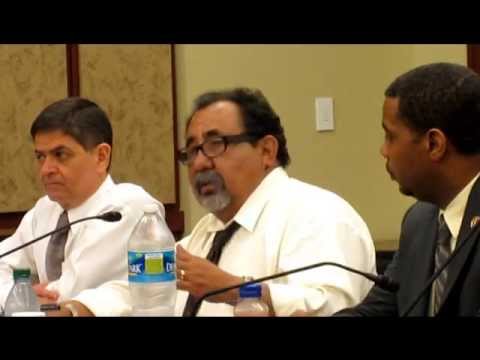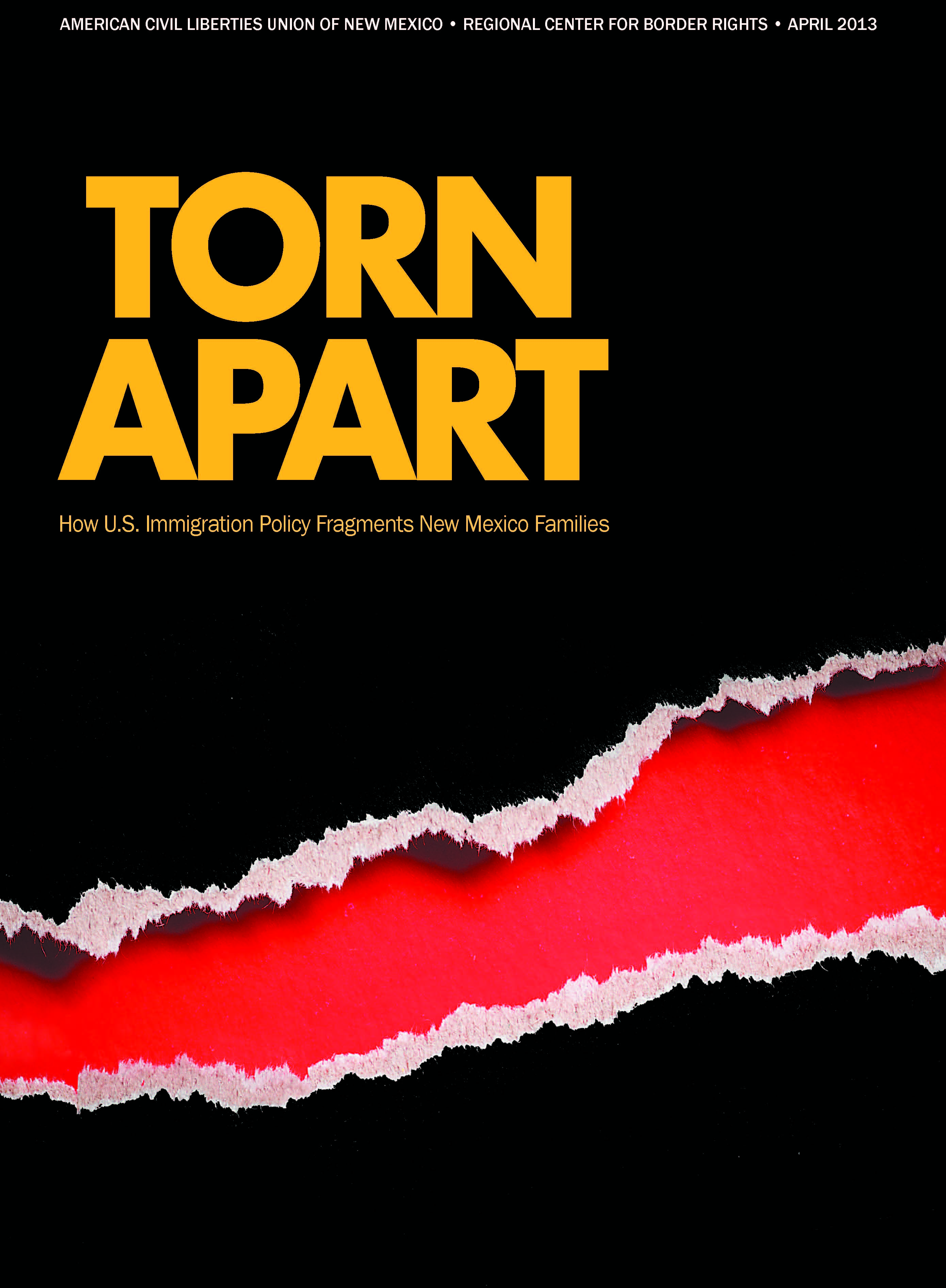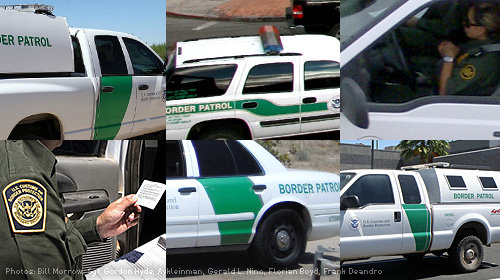 Immigration reform must not be contingent on the false premise that an airtight 2,000-mile border is required. Instead, Congress should turn to ameliorating the tragedy of family separation along the southern border.
Immigration reform must not be contingent on the false premise that an airtight 2,000-mile border is required. Instead, Congress should turn to ameliorating the tragedy of family separation along the southern border.
Thousands of families from San Diego to Brownsville have suffered the loss of people they love to deportation. Many of these families are comprised of members who are U.S. citizens, lawful residents and people who've lived here for years and tried unsuccessfully--sometimes for decades--to become residents or U.S. citizens.
Some of their stories of separation are chronicled in a new report released today by the ACLU of New Mexico. These are families – parents, children and siblings – who have been torn apart by our country's harsh immigration policies. One of the stories included in the report is that of Dorothy, a 24-year-old U.S. citizen, who is a mother to two young boys:
Near Dexter, New Mexico, Dorothy was pulled over for driving with a broken windshield. The officer had asked her husband, who was a passenger, for his license. When Dorothy replied that he did not have one, the officer demanded to know whether her husband was here "legally." Her heart sank as she whispered, "No."
Dorothy had met her husband in high school. He had come to the United States as a child and had lived in New Mexico for almost 20 years. After graduating from a local high school as valedictorian, he found work on a dairy farm. He was the major breadwinner of the family and had never been in trouble with the law. But that didn't matter. The police officer who confronted Dorothy that day called Border Patrol and, in less than 48 hours, they deported him to Mexico. Dorothy is now receiving public benefits to care for her children and is considering moving to a country she knows nothing about to be closer to her husband. "You know," she concluded, fighting back tears, "I never asked to see his papers before I fell in love with him."
Today, before thousands descend on Washington, D.C. to rally for citizenship, I will testify as part of a panel at an ad-hoc congressional hearing,
Lines That Divide US: Failure to Preserve Family Unity in the Context of Immigration Enforcement at the Border. I will talk about the U.S. government's failure to keep families together when conducting immigration enforcement in the border region. I will also talk about the urgent need for more accountability and oversight of immigration officials.
Since 2003, the U.S. Border Patrol has doubled in size and now employs more than 21,000 agents, with about 85 percent of its force deployed at the U.S.-Mexico border. This number does not include the thousands of other Department of Homeland Security officials deployed at the same border. It also does not include the thousands of other federal agents or the physical infrastructure and technologies, such as about 650 miles of border fencing and drones patrolling our skies. U.S. taxpayers now pay more for immigration enforcement agencies ($18 billion a year) than we do for all other major law enforcement agencies—the FBI, DEA, ATF, U.S. Marshals, Secret Service—
combined.
This spending runs directly counter to data on recent and current migration trends. Over the last decade, apprehensions by the Border Patrol have declined to levels that are lower than at any time since the Nixon administration. Although the U.S. economic downturn is a partial explanation of this reduction, economic growth and declining birth rates in Mexico – the source of 87 percent of 2010 apprehensions – consistently indicate that emigration pressure will continue to decline there.
Border communities are counting on Congress to act in their best interests in enacting immigration reform. True border security means supporting families in those communities by keeping them together and commonsense border enforcement that focuses on addressing threats to public safety. As a nation, we'd be better off ending wasteful overspending on border enforcement that ends up tearing families apart. Don't take it just from me, ask House Appropriations Committee Chairman Hal Rogers, who
warned last year that "a sort of . . . mini industrial complex syndrome . . . has set in there. And we're going to have to guard against it every step of the way."
Learn more about immigration enforcement and other civil liberty issues: Sign up for breaking news alerts, follow us on Twitter, and like us on Facebook.




